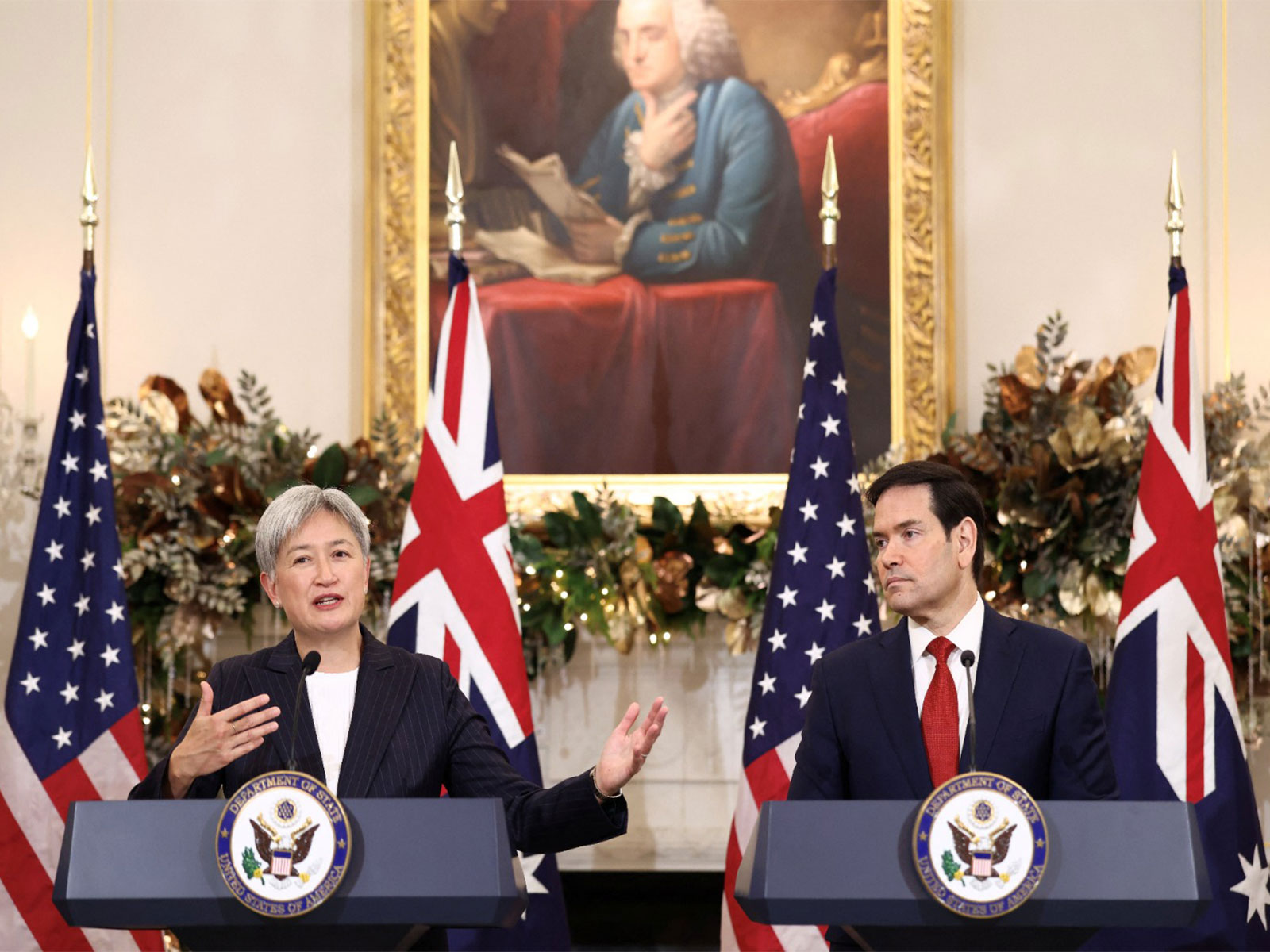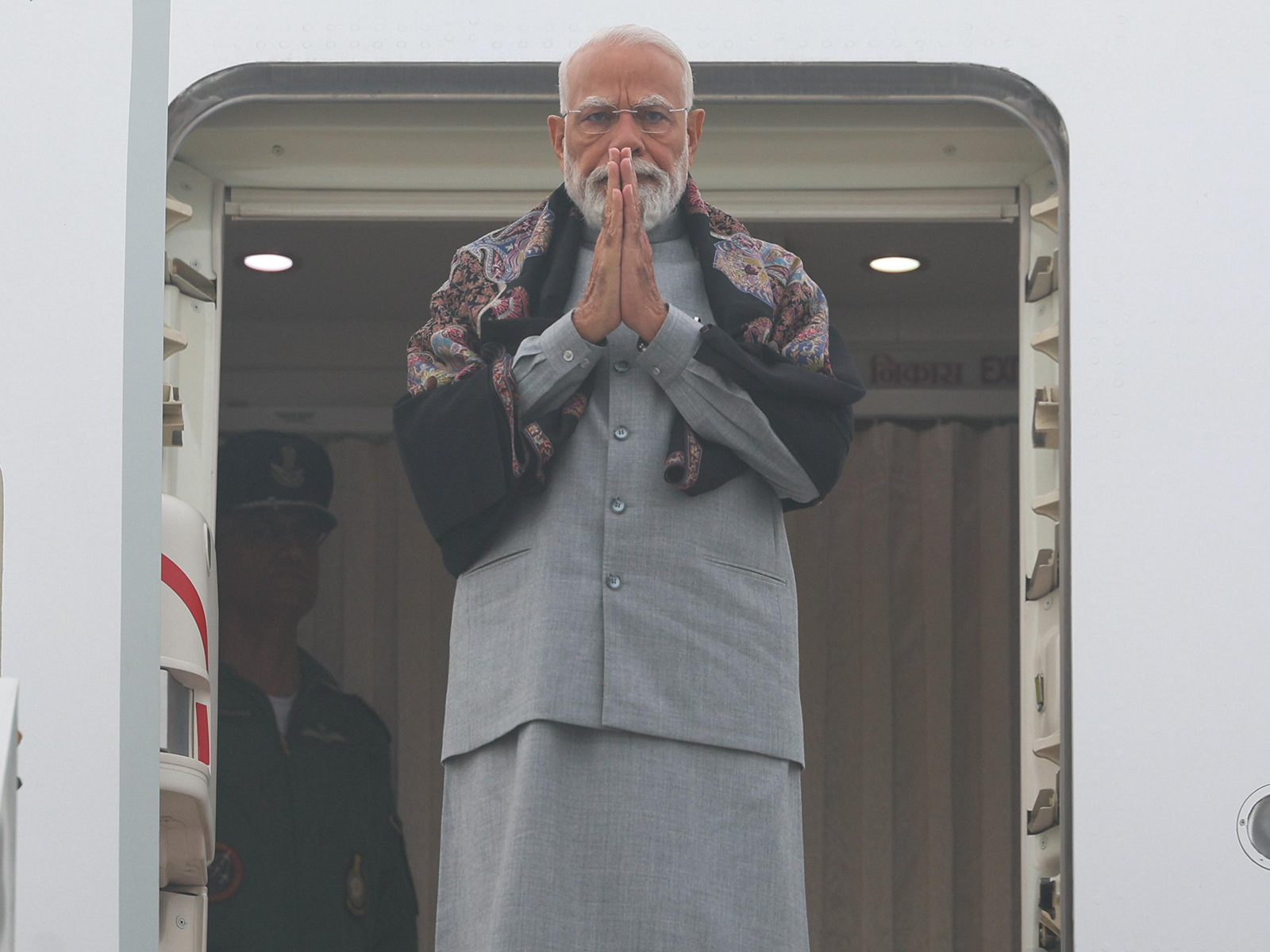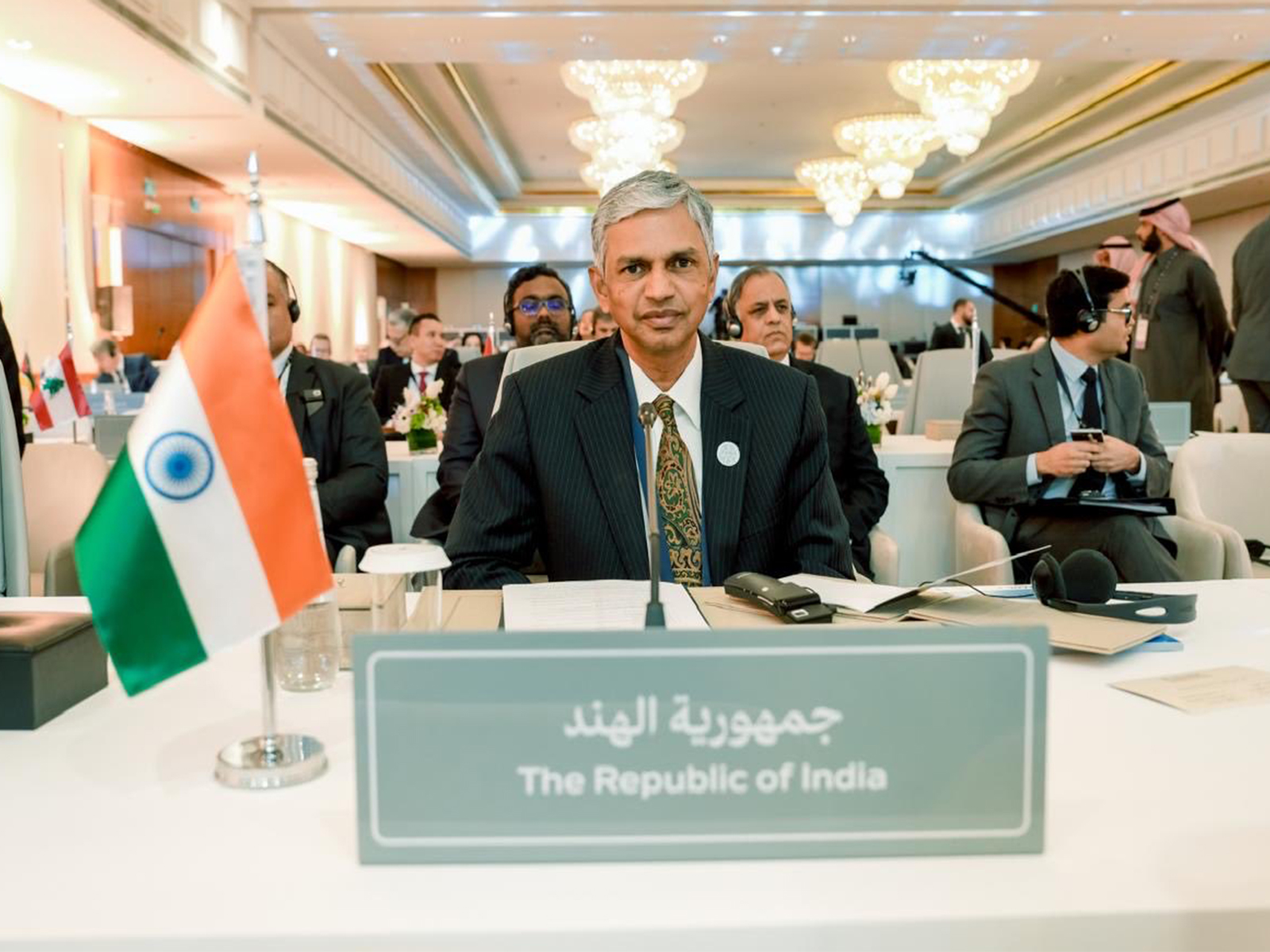UN: New Strategic Framework to support people in Afghanistan
Jul 03, 2023

Kabul [Afghanistan], July 3 : The United Nations in Afghanistan unveiled its Strategic Framework for Afghanistan, which outlines the organization's approach to addressing fundamental human needs in the country for the period of 2023-2025, according to Khaama Press.
The new strategic framework places a high priority on the needs and rights of the most vulnerable groups, including women and girls, children and youth, internally displaced persons, returnees, refugees, as well as ethnic and religious minorities.
Roza Otunbayeva, Special Representative of the Secretary-General for Afghanistan said, "Our Strategic Framework is a robust offer of assistance to the people of Afghanistan to address their basic human needs and complement the ongoing delivery of lifesaving humanitarian assistance," Khaama Press reported.
According to the statement, the UN Strategic Framework was developed in close consultations with Member States, partners, and stakeholders, reported Khaama Press.
Moreover, to support the basic human needs of the Afghan people, the New Strategic Framework has three complementary and mutually reinforcing joint priorities.
First, sustained essential services in crucial sectors such as health, nutrition, education, employment, water, sanitation, hygiene, social protection, and protection that are accessible to all, affordable, and can be delivered free from all forms of discrimination. The second priority will ensure economic opportunities and resilient livelihoods by creating an enabling environment that facilitates economic growth and provides decent work opportunities, especially for excluded groups such as women. Third, it will prioritize social cohesion, inclusion, gender equality, human rights, and the rule of law. These are the prerequisites for sustainable development and peace in Afghanistan which will strengthen civil society engagement and advocacy for alignment of the country's normative and legal frameworks with international human rights instruments.
"The United Nations and its partners recognize that humanitarian aid alone will not be enough to sustainably address the large-scale and increasing human suffering of the Afghan people in the medium and long term," said Daniel Endres, Deputy Special Representative of the Secretary-General and Resident and Humanitarian Coordinator ad interim, according to Khaama Press.
The ban on Afghan women working for the UN is an addition to earlier restrictions imposed on Afghan women and girls by the de facto authorities, including bans on women working for NGOs and other diplomatic organizations, bans on girls enrolling in secondary and tertiary institutions, and bans on women and girls entering public parks, baths, and gyms, according to Khaama Press.
These restrictions on Afghan women add to the country's dire humanitarian crisis and paralyse half of society's women. Such orders limit women and girls' physical movement and participation in economic, social and public life.
"Whether the UN can fully implement this framework will depend on actions by the de facto authorities and donor support," added Mr Endres.




















